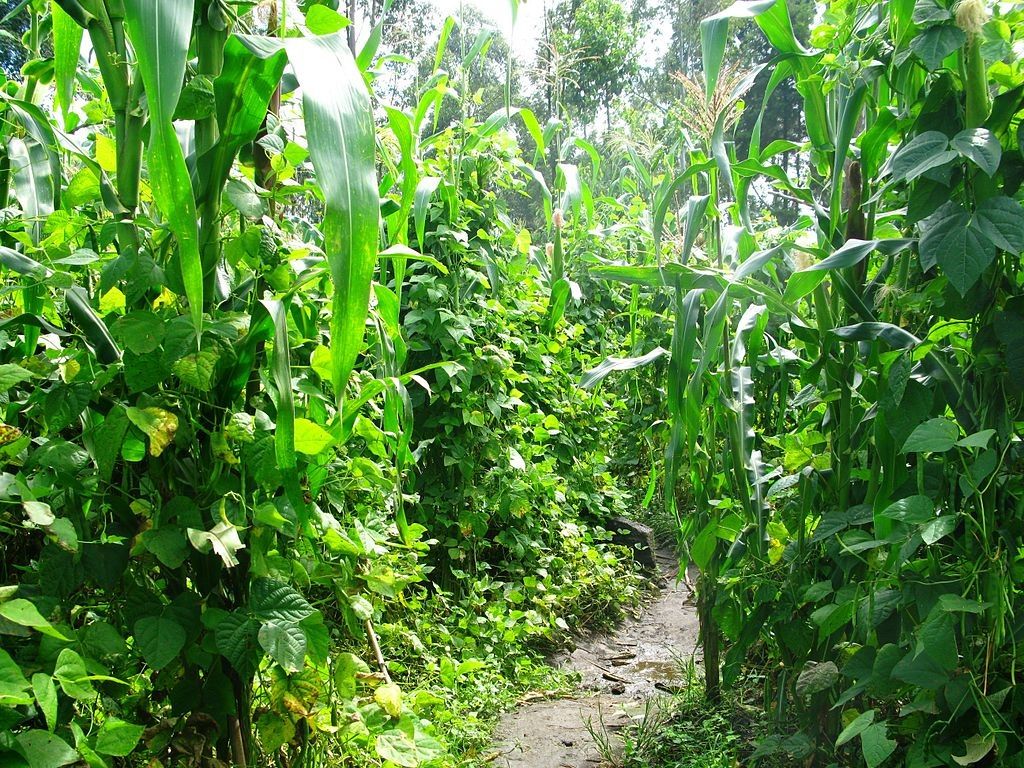Asian farmers are growing rice and rearing fish in the same fields to increase their income and reduce weeds, while Ghanaians are using crop residues as compost to boost yields. Such eco-farming techniques could deliver nutritious, environmentally friendly food for a growing world, increase farmers' earnings and make farms more resilient to climate change, according to campaigners.
"Agriculture is in transition," the regional programme leader for the United Nations Food and Agriculture Organisation (FAO) in the Middle East and North Africa, Pasquale Steduto, told the Thomson Reuters Foundation.
"Climate change is adding new uncertainty as well as increasing uncertainty. By introducing agroecology principles, you can reduce the risks of exposure to climate change."
Global food production is currently based on extensive use of costly chemical fertilisers and pesticides, which damage the environment and human health, experts said at a three-day agroecology conference. Yet, less than 30 countries globally, and only two in Africa - Ivory Coast and Mauritius - have laws and policies that support eco-farming, the FAO said.
"We have three big challenges to manage - climate change, food security, and the connection between agriculture, forestry, economy and employment," a French parliamentarian and former agriculture minister, Stephane Le Foll said.
The solution, he said, was ecological agriculture, which replaces chemical fertilisers with natural methods, such as planting trees amid crops and rotating foods grown to improve soils and deter pests.
Read the original article on This Day.













